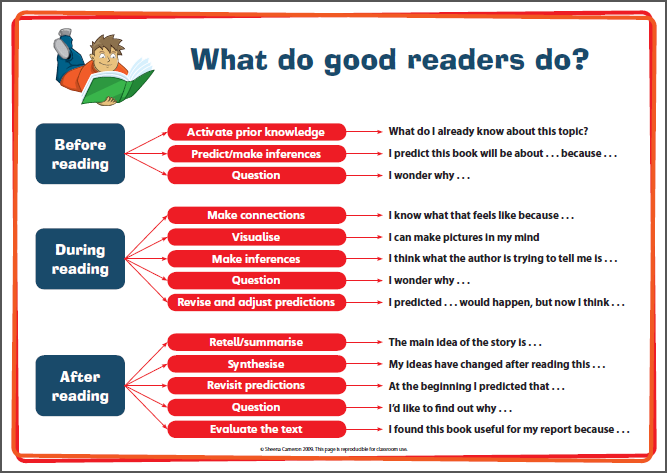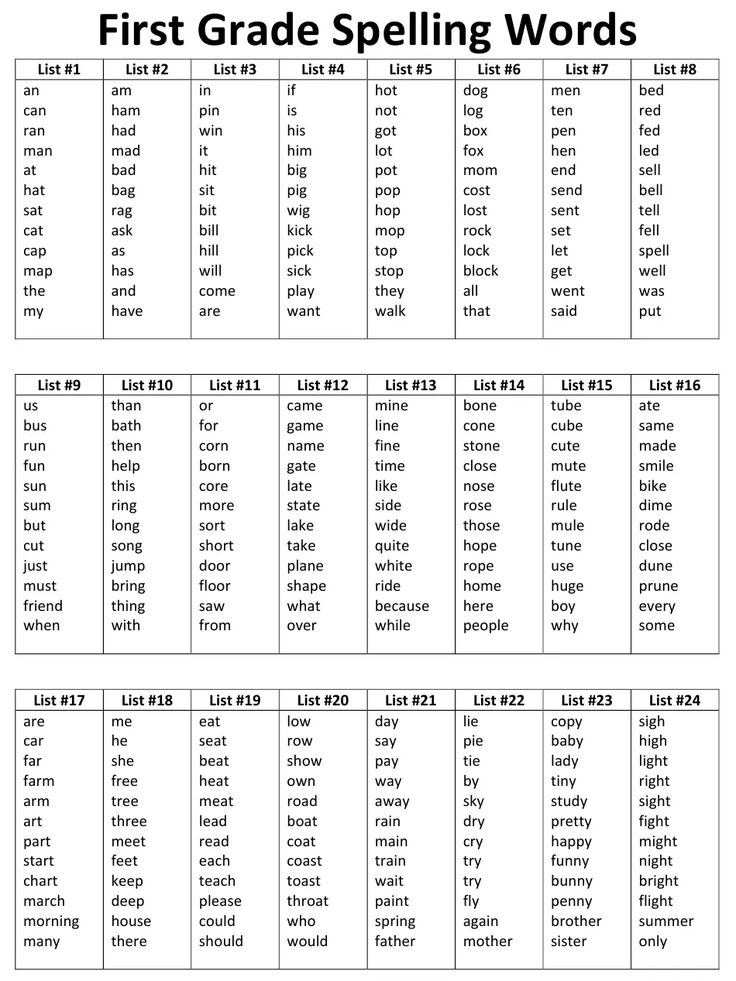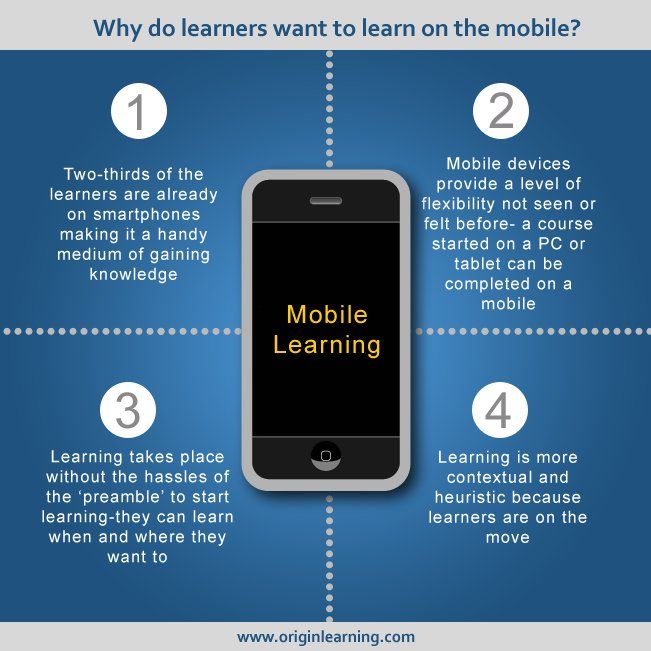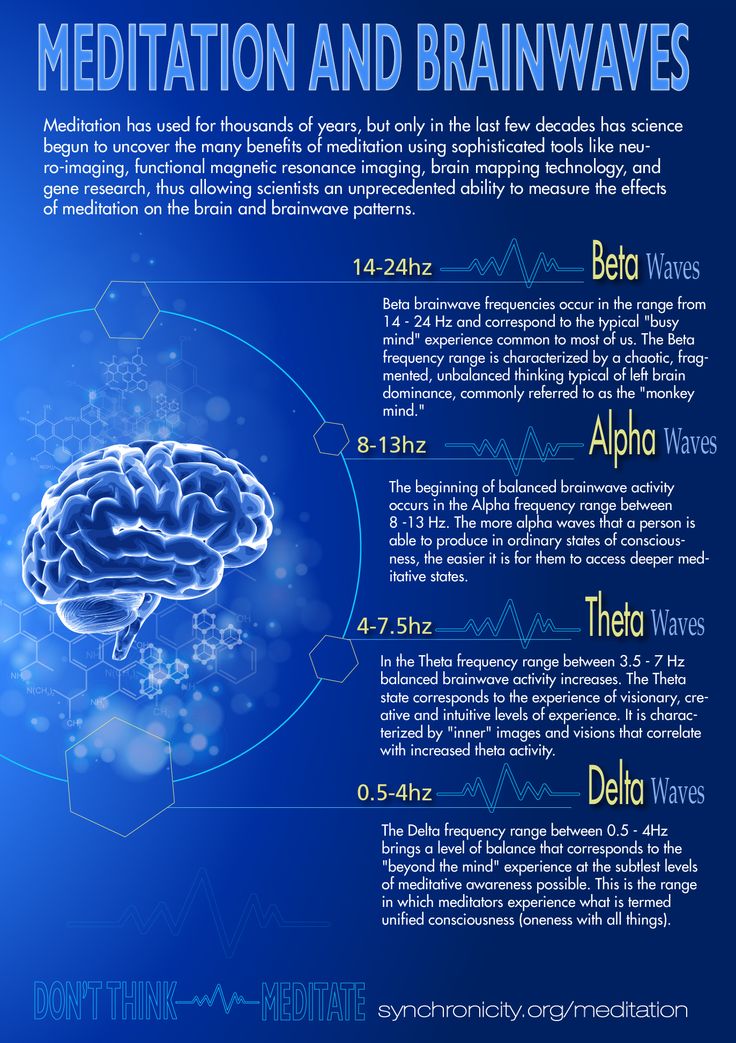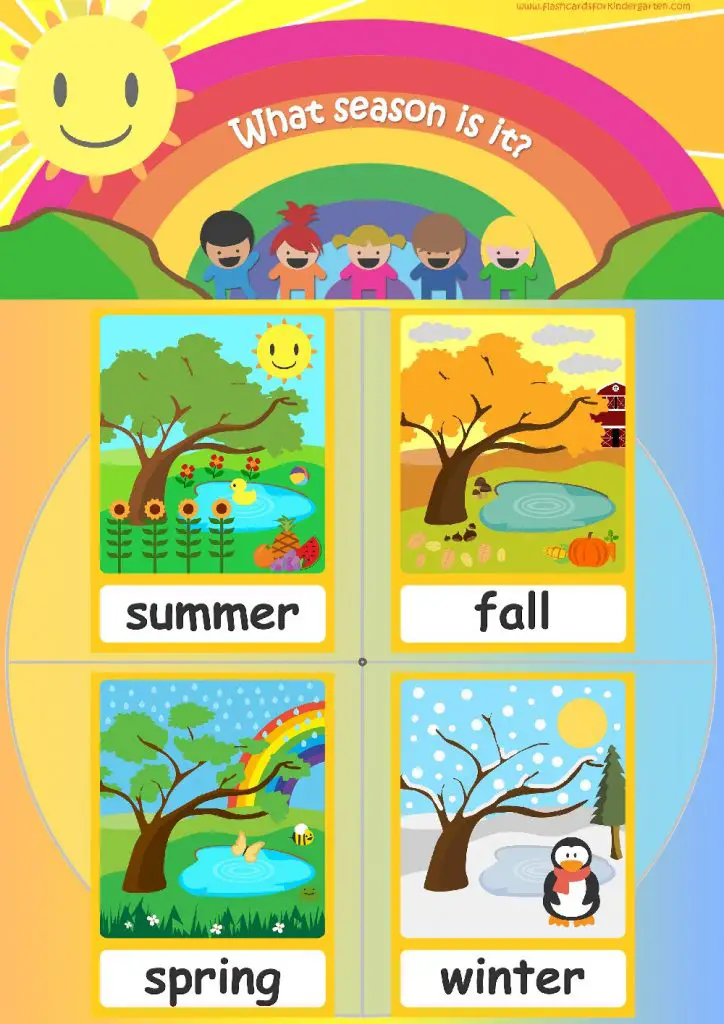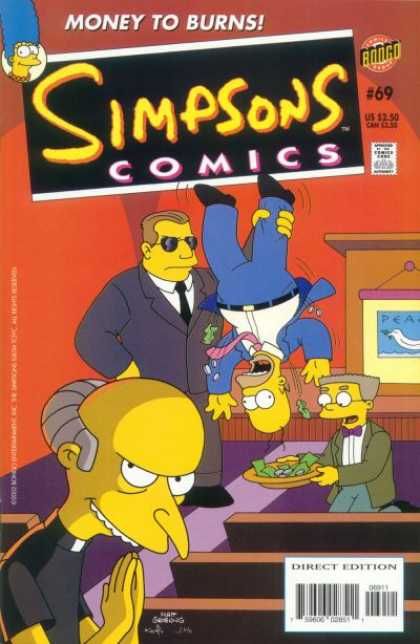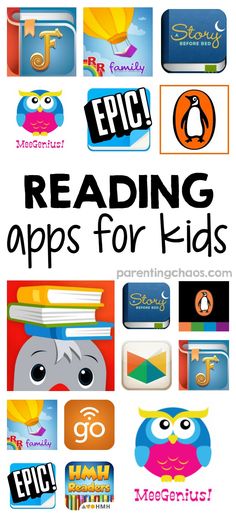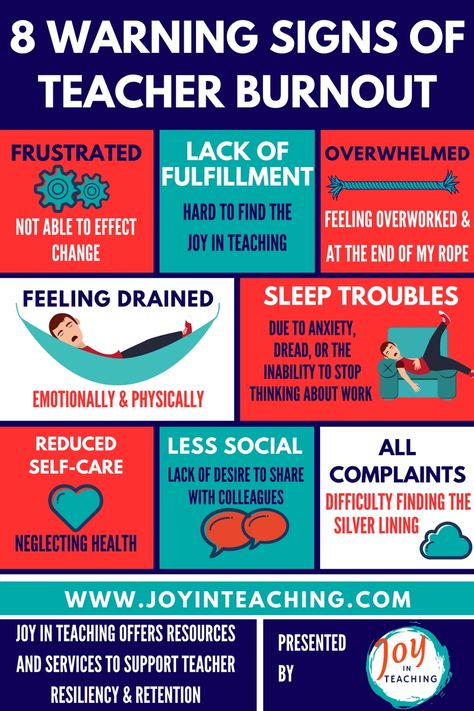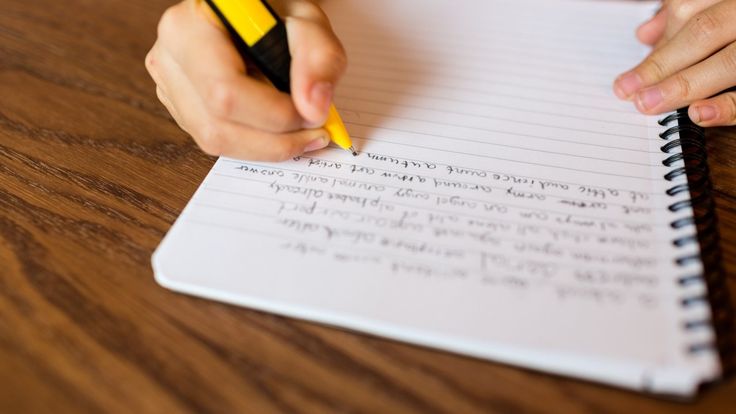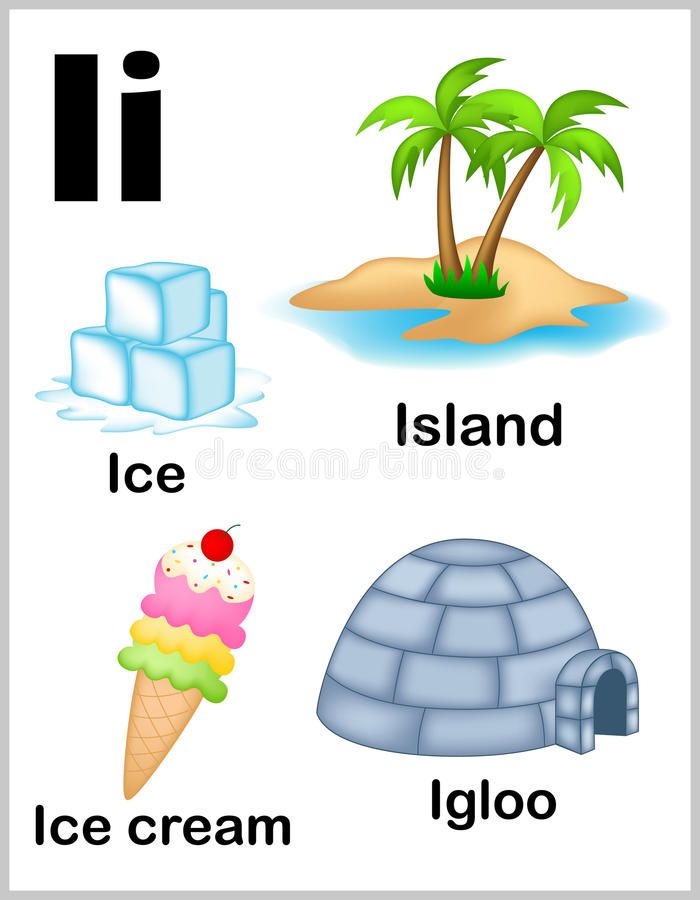What kids learn in pre k
16 Things Kids Learn in Preschool
- Share
Ever wondered what your kids are really learning at preschool when it seems like they’re just playing all day? The good news is that if it seems like they’re “just playing” then the school is doing something right!
Children learn everything through play and the early years are the most important in their overall development.
I spent several years teaching and would like to share, in a nutshell, what every child should learn in preschool and how preschool contributes to a child’s education.
Learning during the first 6 years is about building skills through play.
This does not only apply to babies and toddlers. Preschoolers learn best through play, when using their whole body and engaging the senses.
What do Kids Learn in Preschool?
You may be wondering what a preschool curriculum should include or what subjects are focused on. This is not really that important. There is no curriculum-in-a-box, but rather a set of abilities and skills a preschooler should develop.
Some preschools choose to use set themes around which to plan play activities; others let themes develop naturally (learning about caterpillars when a child finds one in the garden).
A good quality preschool will give your children a well-rounded education through a balance of free play and well-planned, adult-guided play.
What should a child know by the end of preschool?
This is a breakdown of what is taught in preschool. If you’d like to work on some of these skills at home, I’ve sprinkled lots of play ideas throughout. Don’t underestimate how much your children learn from you.
Parents are a child’s primary educators!
1. Gross Motor SkillsPhysical development starts with developing gross motor skills – the large muscles of the body.
At preschool, your children will be moving nonstop.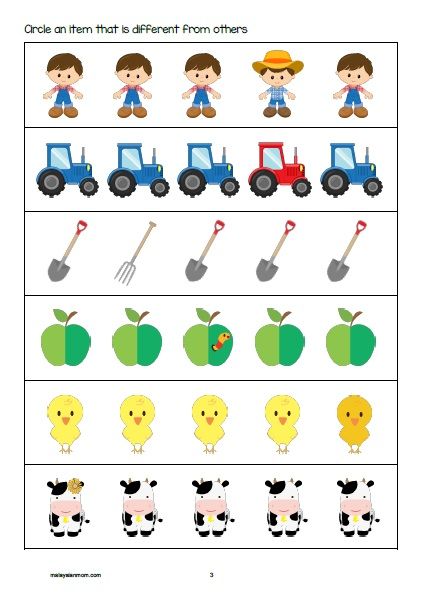 Movement is the most important skill to develop first in the early years as it is necessary for all other learning.
Movement is the most important skill to develop first in the early years as it is necessary for all other learning.
Children must develop skills such as strength, hand-eye coordination and agility.
They also need to develop two important senses – vestibular and proprioception – responsible for balance and body awareness.
Movement is important as it stimulates learning, improves concentration, gives the brain oxygen and works both sides of the brain. Good gross motor skills also lay the foundation for fine motor skills.
Some examples of gross motor activities:
- Throwing and catching balls
- Playing hopscotch
- Singing action songs
- Playing with bean bags
- Balancing on beams
- Climbing and hanging
- Skipping and hopping
- Running and chasing games
Fine motor coordination – the development of the small muscles – is a prerequisite to learning how to write and is necessary for performing everyday tasks.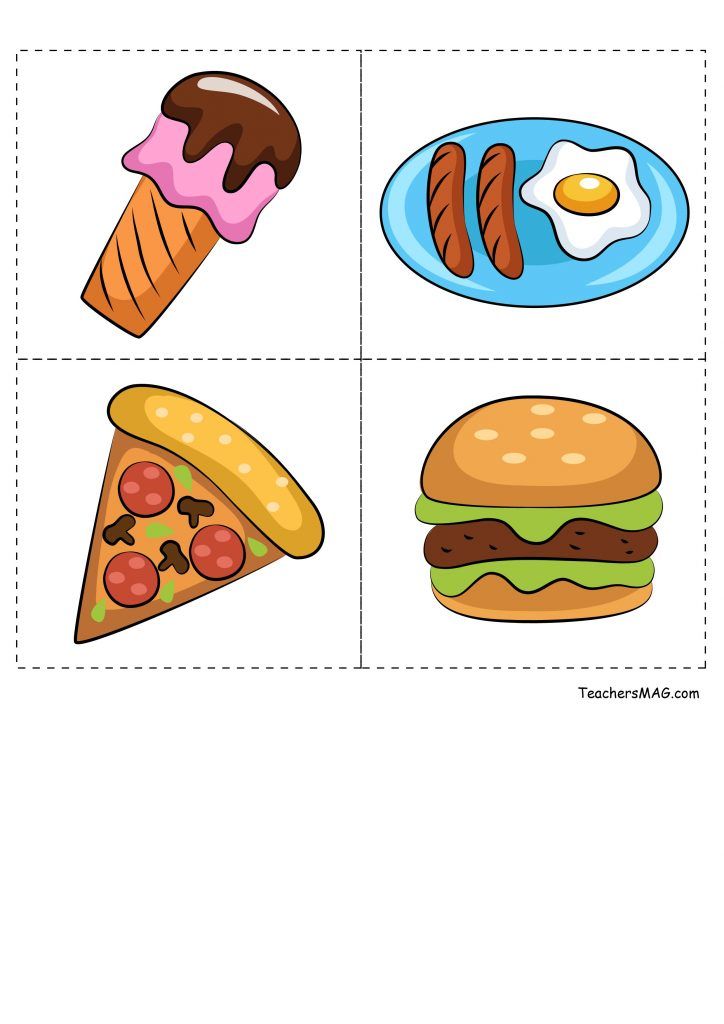
In preschool, children spend a large portion of their day working on these skills.
Fine motor skills are developed by all kinds of art activities, such as:
- Drawing
- Painting
- Cutting
- Pasting
- Box construction with waste materials
They can also be developed with other fine motor activities such as:
- Pegboards
- Puzzles
- Threading and lacing
- Playing with pegs
- Playing with construction toys (Lego is great)
- Moulding playdough
Developing a pencil grip and learning to form letters starts with all these kinds of fine motor activities.
3. Early Mathematical ConceptsPreschool is where the foundations for mathematics begin. No child ever learns maths in the first grade. The type of maths they learn just becomes more formal.
In the preschool grades children learn:
- Rote counting (such as counting up to 20)
- One-to-one correspondence (reliably counting objects)
- Classifying
- Sorting
- Length
- Capacity
- Weight
- Area
- Temperature
- Time
- Space
- Shape
These concepts are learned while having pure fun – in the sandpit, while baking, playing with water, building with blocks and even while tidying up!
4.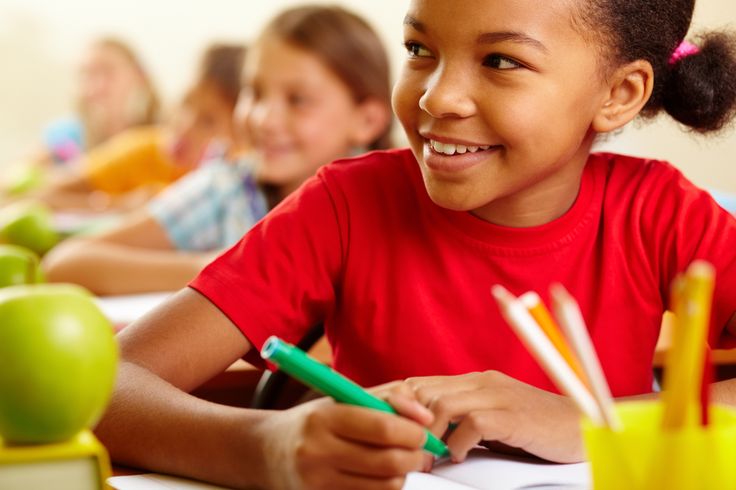 Problem Solving
Problem SolvingProblem solving is an important life skill and one that must be developed early on. Learning this in preschool also helps children with mathematical problem solving during the formal grades.
Problem-solving skills are built during simple activities such as:
- Construction play
- Building puzzles
- Playing board games
- Resolving problems during social play
Preschool is a language-rich environment where children’s vocabulary expands dramatically.
They learn sentence construction, the use of grammar and tenses, the meaning of words, etc.
Language and vocabulary are learnt throughout the day while:
- Having circle time discussions
- Singing rhymes and songs
- Playing games
- Playing alone and with friends
- Learning about a theme
- Playing with toys, equipment and other materials
- Listening to stories
 Pre-Writing Skills
Pre-Writing SkillsWriting starts with developing important pre-writing skills through play and art activities. These four skills are specific requirements for learning to write and will be the focus during preschool:
- Pencil grip
- Crossing the midline
- Learning about letters and their formation (though play, not formal writing)
- Learning to form patterns (for example drawing big waves or zig-zags which mimic the shapes found in letters)
Listening is one of the most important and often under-developed skills. This should be a focus area during preschool.
Children learn to listen by doing these kinds of activities:
- Listening to stories
- Playing games such as Broken Telephone or I Spy
- Following instructions
- Class discussions
- Music activities
Although your children are learning to listen at school, it is highly recommended to focus on these skills at home too.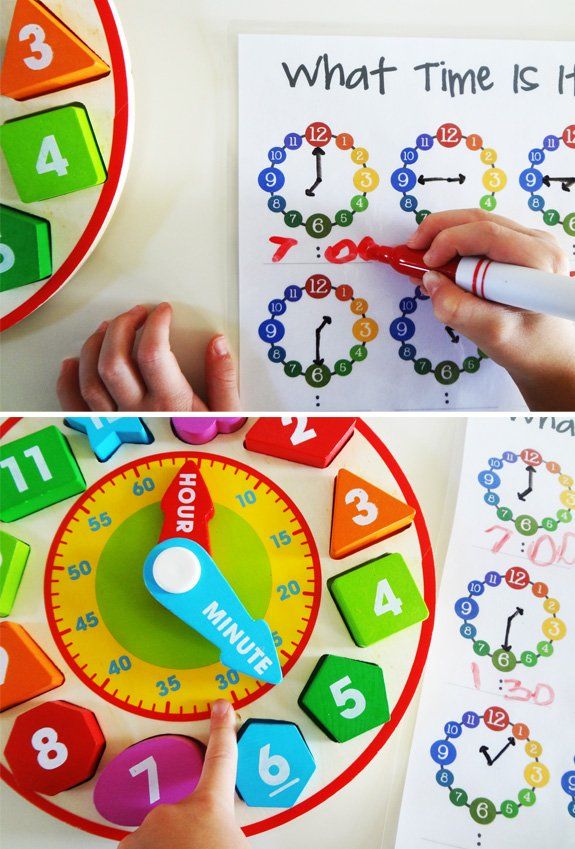 Children with good listening skills are much more successful and capable at school. Here are some listening games you can play at home.
Children with good listening skills are much more successful and capable at school. Here are some listening games you can play at home.
Music in preschool is about so much more than just developing musical skills. Music develops children’s:
- Vocabulary
- Understanding of rhyme, syllables and sounds
- Auditory perception
- Concentration
- Fine motor skills (finger plays)
- Gross motor skills (action rhymes)
- Mathematical skills (counting rhymes)
- decision-making skills (games such as musical chairs)
Visual and auditory perception are the two main building blocks of learning to read.
Children develop their visual perception during preschool with the following types of activities:
- Activities that teach about shapes and colours
- Patterning activities
- Puzzles and tangrams
- Card games
- Memory games
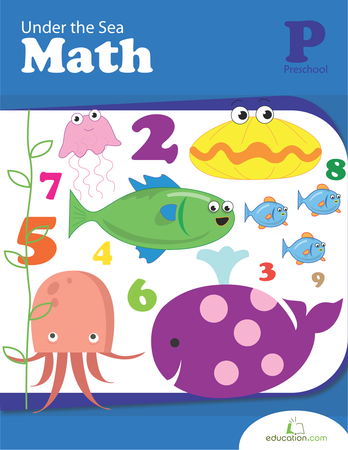 Auditory Perceptual Skills
Auditory Perceptual SkillsAuditory perception is the brain’s ability to make sense of what the ears hear. It is vital for being able to learn sounds for reading. These kinds of activities develop auditory perception:
- Reciting rhymes and poems
- Playing with instruments
- Playing sound games
- Playing word games
During preschool children develop all the necessary pre-reading skills to set them up for learning to read formally.
Learning to read requires developing sound knowledge (auditory perception) and symbol knowledge (visual perception), as explained above.
These are the five main pre-reading skills:
- Print awareness – understanding that written words convey meaning
- Motivation to read – exposure to books that ignites a desire to read
- Listening comprehension – the ability to understand what is heard
- Letter knowledge – informal exposure to letters and their sounds during play
- Phonological awareness – being able to hear sounds in words (beginning, middle and end sounds)
Children are exposed to these kinds of activities:
- Playing rhyming games
- Playing word games
- Games involving hearing syllables
- Playing listening games
- Following instructions (single and multiple instructions)
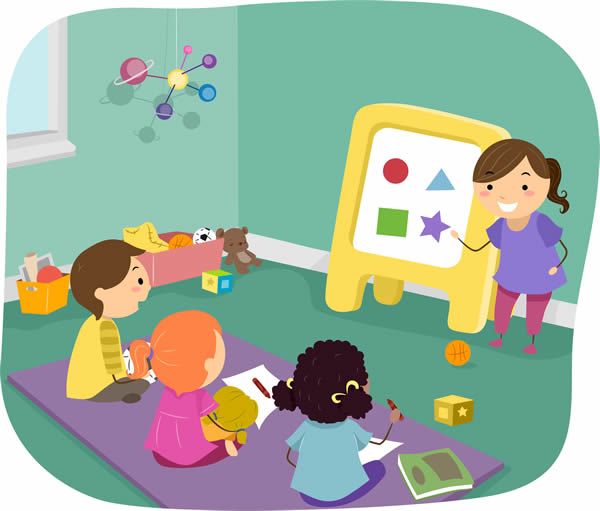 Memory
MemoryAt school, children also strengthen their memory, a skill they will rely on for learning throughout their education.
These are the kinds of games that are often played in preschool classes:
- Memory card games (get your own cards by downloading the FREE set of printables at the end of the post).
- Circle memory games
- I went to the shops and I bought a… – each child has a turn to add an item, but must first recall the entire list before adding their item
- Categories – pick a category (e.g. fruits) and go around the circle asking each child to add the name of one fruit. No fruits may be said twice so children must remember which ones were already mentioned
As children explore and interact with their environment and nature, they also learn about early science concepts.
A great example is learning about physics by discovering the properties of water during water play:
- Water makes sand heavier
- Water influences the texture of sand
- Water falls through space (e.
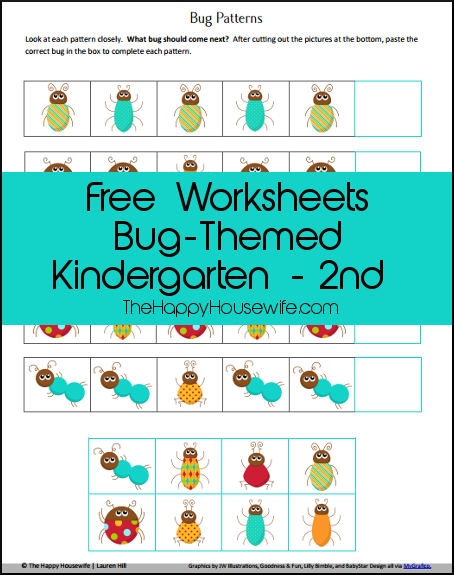 g. through a sieve)
g. through a sieve) - Air (wind) moves water
- Water is a liquid because it pours
- Water takes the shape of the container it is poured into
Where better to learn social skills than in preschool? Children are surrounded by friends and adults and they learn to interact appropriately with others.
Throughout the day children learn about:
- Taking turns
- Sharing
- Considering the opinions of others
- Showing empathy
- Cooperating and negotiating
- Resolving conflicts
- Leading and following
- Creating and following rules in games to encourage positive interaction
Preschool is where a child’s creative spark can really be ignited. There are many opportunities throughout the school day where children develop their creative expression:
- During art activities – painting, constructing, drawing
- Musical activities – dancing, singing and playing with instruments
- Playing with construction toys
- Drama and puppet play
- Telling stories
- Fantasy/ dress-up play
- Outdoor play (e.
 g. building forts)
g. building forts)
Last but perhaps most importantly, the greatest takeaway for young children at preschool is their growing independence.
Children learn to take care of themselves and show a sense of responsibility and a desire to be competent.
There are endless opportunities for this:
- Regular tidy-up times
- Taking accountability for actions
- Looking after belongings (shoes, bags, books, etc.)
- Self-care (going to the bathroom, washing hands, etc.)
- Making choices throughout the day (during free play or activities with choice)
And there you have it! That is certainly not a complete list as your kids are learning so much but that is more or less a summary of what skills a preschooler should have.
Here is a detailed school readiness checklist if you’d like to delve into each developmental area more.
Be wary of preschools that focus on academic skills. This is developmentally inappropriate and, as you can see from the list above, play is important during the early years.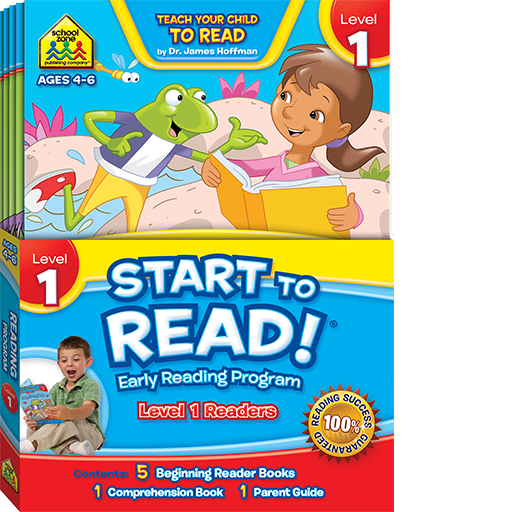
Get FREE access to Printable Puzzles, Stories, Activity Packs and more!
Join Empowered Parents + and you’ll receive a downloadable set of printable puzzles, games and short stories, as well as the Learning Through Play Activity Pack which includes an entire year of activities for 3 to 6-year-olds.
Access is free forever.
Signing up for a free Grow account is fast and easy and will allow you to bookmark articles to read later, on this website as well as many websites worldwide that use Grow.
- Share
Pre-K Preschool Curriculum - PreKinders
By Karen Cox | Affiliate Disclosure | Filed Under: Teaching Tips
Click Here for Curriculum Map
What should Pre-K children learn?
These are typical concepts that Pre-K children explore in school, but should not be required to master before entering Kindergarten. Children learn these concepts at their own pace. What is learned in Pre-K is considered a “bonus”. Children are taught with hands-on materials, songs, and games. They are assessed by observation and work samples.
Children learn these concepts at their own pace. What is learned in Pre-K is considered a “bonus”. Children are taught with hands-on materials, songs, and games. They are assessed by observation and work samples.
Pre-K Math Curriculum
- Matching: objects, symbols, shapes, patterns, etc.
- Same and Different
- Sorting by various attributes: color, shape, size
- Patterns: AB, AABB, ABC, and possibly AAB, ABB
- Identify numerals 1-10 or more
- Counting objects to 10 or more
- One-to-one correspondence of objects when counting
- Sizes: small, medium, large (3 – 5 sizes)
- Shapes: square, rectangle, circle, triangle, oval, hexagon, rhombus (diamond)
- More, Less, Same
- Time: Day and Night, Sand Timer
- Weight: Example, what weighs more or less in a balance scale
- Measuring with non-standard units
Pre-K Literacy Curriculum
- Exposure to alphabet: letter names and sounds
- Recognize, spell, write first name
- Hold a pencil, marker, crayon correctly
- Retell familiar stories
- Draw pictures and dictate sentences about stories and experiences
- Answer questions about stories
- Repeat simple nursery rhymes and fingerplays
- Phonological Awareness: rhyming, syllables, alliteration
- Concepts of print: left to right direction, holding a book right-side-up
- Build new vocabulary
- Build listening skills
- Strengthen visual discrimination
- Sequencing
- Develop fine motor skills: play dough, scissors, writing utensils, Legos, etc.
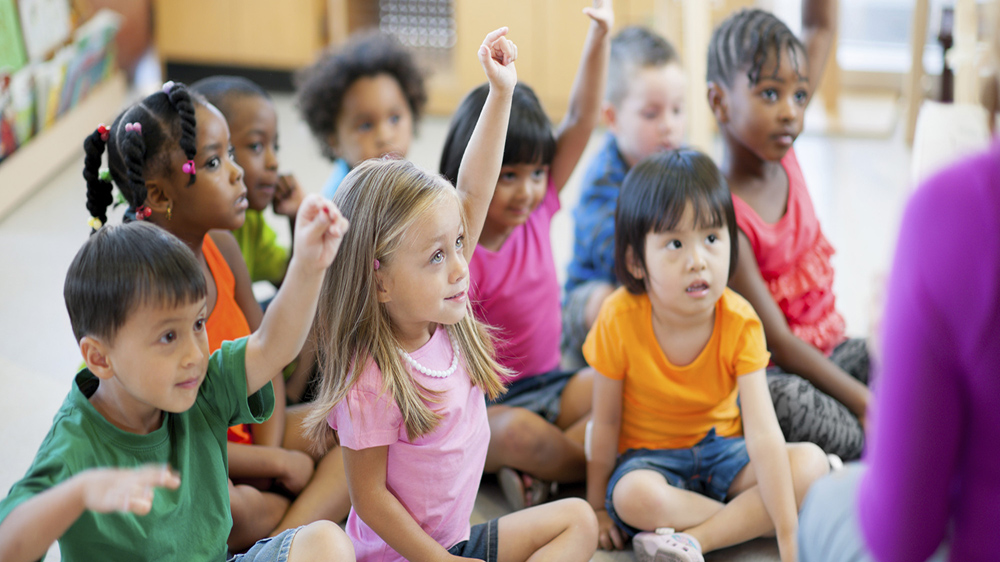
Pre-K Science
- Explore science tools: magnets, prisms, magnifying glasses, etc.
- Experience the world through nature walks, gardening, and other explorations
- Observe insect life
- Observe plant growth
- Observe weather and plant life during each season
- Measure and mix ingredients in cooking activities
- Identify basic colors and explore color mixing
- Make observational drawings and dictation
- Explore the world with the five senses
- Investigate animals, the homes they live in, the food they eat
Pre-K Creative Arts
- Explore a variety of art processes: painting, drawing, sculpture, weaving, collage, etc.
- Use a variety of art materials: crayons, tempera paint, watercolor paint, colored pencils, markers, oil pastels, art chalk, clay
- Experiment with mixing paint colors
- Sing traditional songs and songs that enhance the curriculum
- Participate in movement songs and dances
- Use scarves, rhythm sticks, and bean bags to practice rhythms
- Use a variety of children’s instruments
- Participate in dramatic play
- Dramatize familiar stories
- Act out the movements and sounds of animals
- Practice problem-solving skills in social situations
- Work in groups or with a partner on a variety of projects
- Share classroom materials with the group
- Practice using manners: please, thank you, excuse me, table manners
- Communicate his/her needs
- Take care of his/her own basic needs: clean up, roll up nap pad, fasten clothing, use tissue as needed, etc.
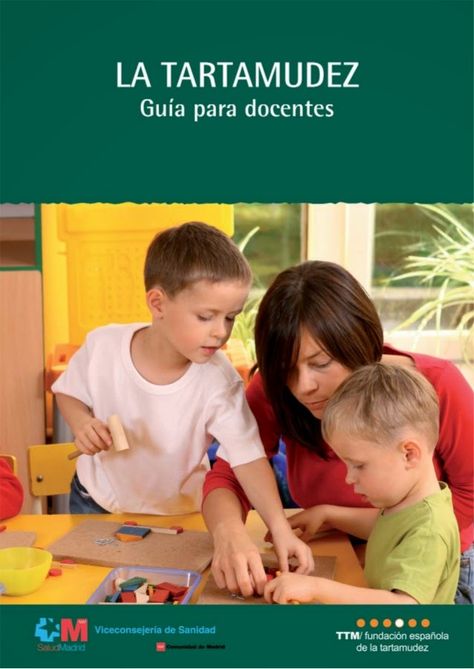
- State personal information: first and last name, age, school name, city, state, country
- Explore types of work and workers
- Explore modes of transportation
- Participate in projects to help others in need
For Christian Schools only:
- Listen to Old and New Testament Bible stories
- Recognize that plants, animals, and human beings are God’s creations
- Recognize that God created families to love and take care of one another
- Learn about God’s love
- Listen to stories of the life of Jesus
- Learn Jesus’ teachings to love God and love others
Click Here for Curriculum Map
3 Comments
About Karen Cox
Karen is the founder of PreKinders.com. She also works as a full-time Pre-K teacher in Georgia. Read more...
SEARCH
Reader Interactions
What do children do at American Preschool?RUSIMM
Study, education
- so_sna
- 0
- 0
- 1943
- 18:31
Read a little less than 2 minutes
We have been leaving for a month and a half to the local public school, to the PREK4 class (this is not a compulsory stage of education, preparation for school, which starts at the age of 5) and is ready to share with you some features of education in a preschool institution .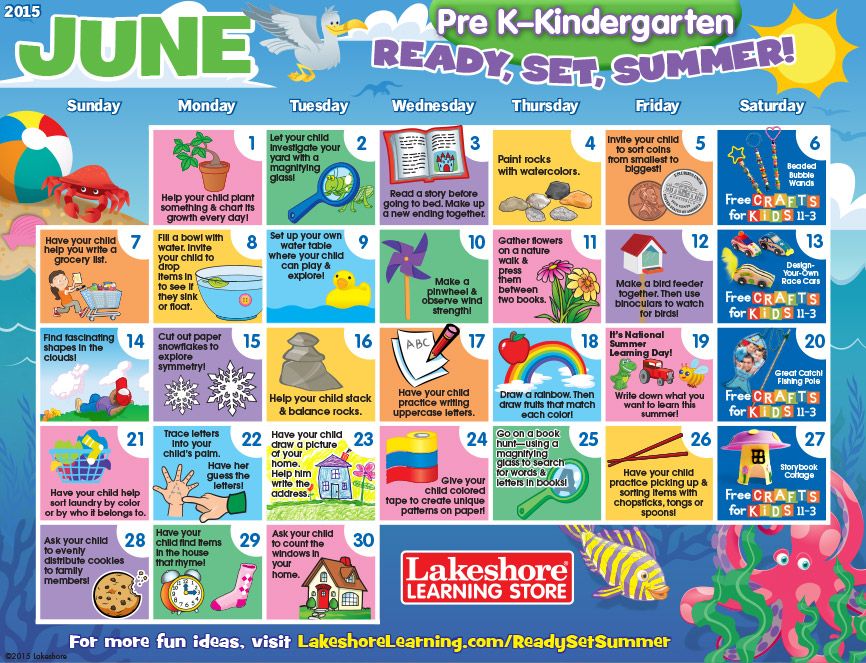
We have a completely free full-time education from 8:45 to 14:30, with the possibility of a paid extension: $150. Separately, we pay $2.90 for lunches and we have free breakfasts. Children are sure to walk and have 30 minutes to relax, the so-called nap time - daytime sleep. The school class is more like a place to play: there are books, toys, and crafts - there is always a corner for photos of children with their parents, we specially took such photos for the class:
Interestingly, children are regularly transplanted with each other for the sake of communication with different children, in addition, next year the class will be completely disbanded and the teacher will be replaced.
The day is scheduled to the minute and they fully learn not only self-care skills: to pack, undress / dress, etc., but also learn letters, numbers, shapes, learn songs - everything is as usual. Everything that children do at school they pass on to their parents home, this is how our first letters looked.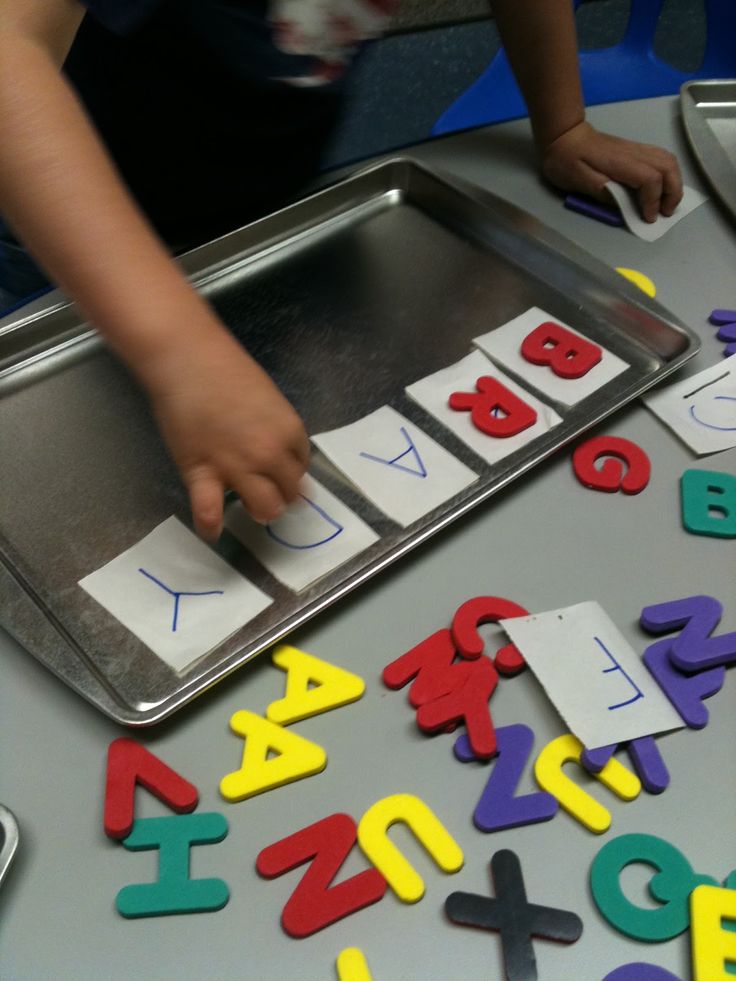
Many people have probably seen projects in the movies, yes, this is a very common thing here. We already had two projects: the first is a paper bag with 5 things that tells about the child, the second is a pumpkin with a mood that the child wants to make her (ours was happy):
Charity and various activities associated with it are very developed at the school. For example, almost every week we have a TAG DAY: you dress your child not in a uniform, but any clothes on a given topic and give $ 1 to charity for it. The theme of charity is different every time (fighting cancer, teaching poor children in paid sections, etc.) That day there was a purple dress code:
And today we had a charity run - Fun Run. The idea is this: each child collects money for the number of laps, which he then has to run (the price of the lap is fixed). For example, $10 is 25 circles. Parents are actively involved in this: they help in organizing and run along with the younger grades.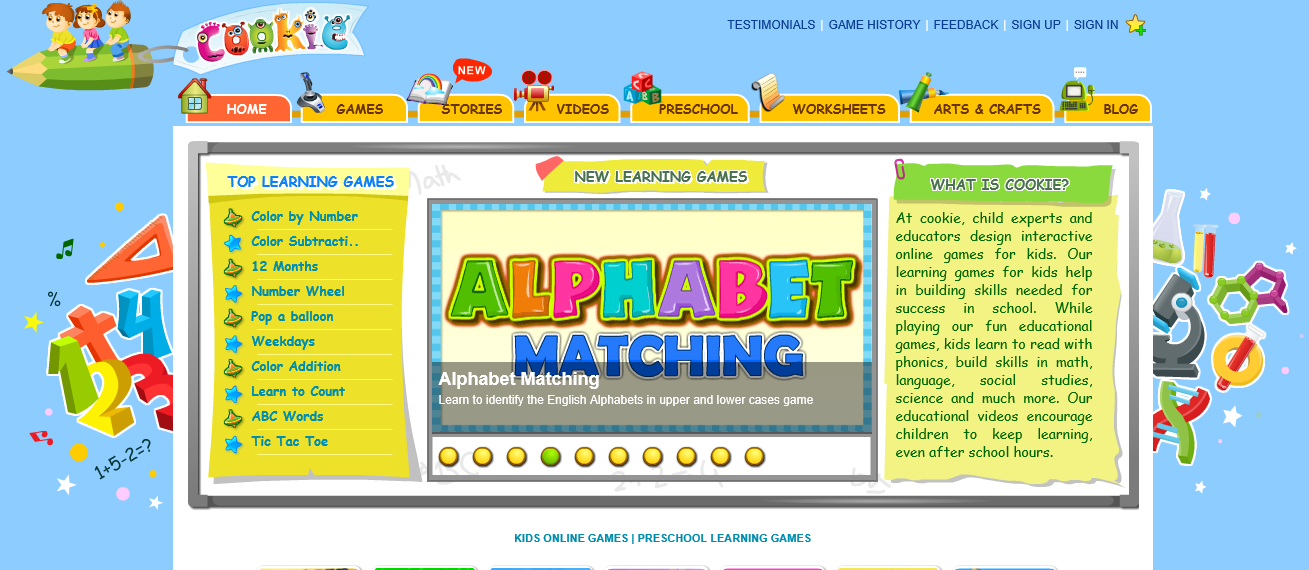
An important part of the training is devoted to the topic of safety: drills and evacuations are regularly conducted. We have a schedule for such events. We have already observed at least one thing - after school there was a fire alarm, with the arrival of the fire brigade and the withdrawal of children - everything is as it should be.
Now everyone is mentally and physically preparing for the big children's holiday - Halloween. Yes, I was not mistaken, it was for children. I will definitely prepare a large detailed report on this and try to convince you. The classes have already decorated, drawing and decorating pumpkins, talking a lot about the harvest and horror stories, all in a fun way. This Friday there will be another small holiday in the park - a game dedicated to the harvest, again with the participation of parents. On October 31 in the morning there is a big parade for children and parents at school, but that's a completely different story.
jersey city preschool education usa
Pre-K for All - Growing Up NYC
Pick a language
Language List Button translate- Eligibility
- Statement
- Reference
The Pre-K application for the 2022-2023 school year is now open.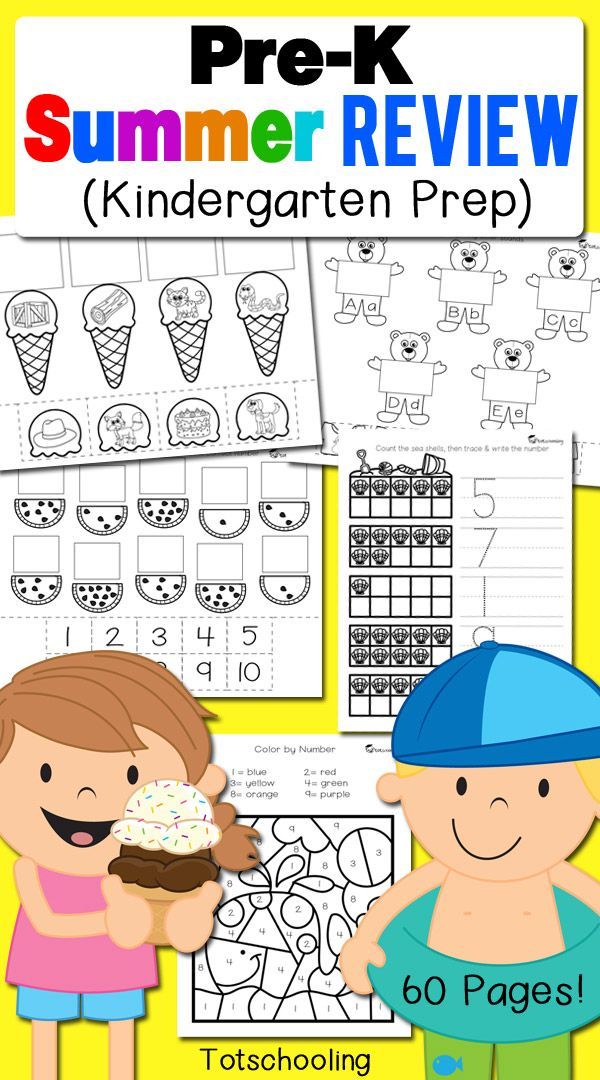 Apply on MySchools by March 18, 2022.
Apply on MySchools by March 18, 2022.
Pre-K programs help kids get a head start in school and in life. Children acquire problem-solving skills, learn to ask questions, and explore the world around them. Pre-K programs provide a safe and nurturing learning environment for New York City children.
- Apply for the 2022-2023 Pre-K by March 18, 2022 .
- In New York, children go to prep school in the calendar year that the child turns four.
- Pre-K offers full-day, extended day, and child care programs throughout the year, including the Head Start program. To learn more.
- Pre-K programs are available at select public elementary schools, Pre-K centers run by NYCDOE staff, and community organizations. Each institution offers a consistent high quality DOE play curriculum.
Who is eligible
- All New York City families with children born in 2018 can enroll for the 2022-2023 school year.
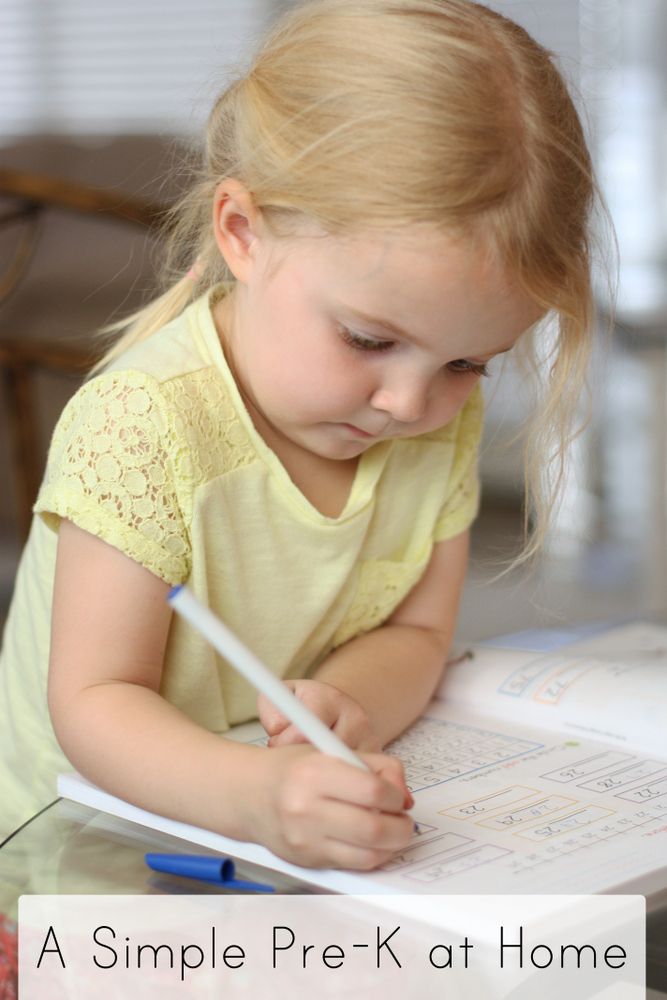
- Children with disabilities can attend Pre-K for All programs. To learn more.
Children do not need to be toilet trained to attend Pre-K programs.
What you need to apply
View the Pre-Enrollment Checklist to learn more about the documents required to pre-register your child and accept their Pre-K offer. For translated copies of the checklist, see the Documents section of the Pre-K Registration Page for Everyone.
How to apply
Apply for Pre-K in one of the following ways:
- Online on the MySchools Portal. You can apply online in English, Arabic, Bengali, Chinese, Haitian Creole, French, Korean, Russian, Spanish or Urdu.
- Call by calling 718-935-2009. Interpreter services are available in over 200 languages.
- In person at the Family Welcome Center.
Eligible families can also apply to join free or low-cost Pre-K programs that offer afterschool or child care throughout the year, including the Head Start program.

